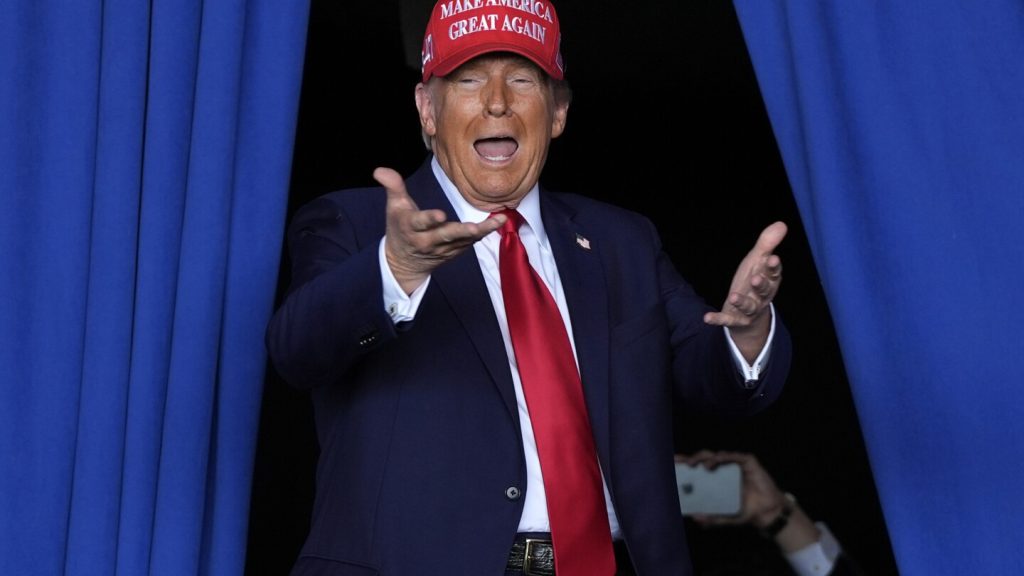Nearly a decade into the Trump Era of politics, less than a month from his third Election Day as the Republican candidate for president, there is still little consensus within the media about how to cover Donald Trump. Journalists are divided on whether to fact-check his statements or air his rallies at length. Some experts believe that the best way to cover Trump is to give people a greater opportunity to hear what he says, while others criticize the media for ignoring his extreme and racist comments. Trump’s disdain for constraints and willingness to say outrageous and untrue statements pose a challenge for journalists.
The term “sanewashing” has been used to describe the tendency among journalists to polish Trump’s wild statements to make them seem like the cogent pronouncements of a typical politician. This can create an alternative narrative or lead to misinformation. Some argue that Trump’s extreme comments should not be ignored, even if they are not new. Political scientist Brian Klaas refers to this phenomenon as the banality of crazy, where journalists become accustomed to Trump’s shocking statements. Covering Trump within the daily news cycle can be challenging due to the constant stream of controversial remarks he makes.
Reporting on Trump often serves news junkies who follow the campaign day to day, but may not help the general public make informed decisions. While critics complain about how leading news outlets cover Trump, some attempts have been made to bring perspective to the issues. Fact-checking has been a bone of contention, with different networks taking varying approaches to correcting the candidates in real time during debates. The fact-check industry grew during Trump’s presidency, but limitations were exposed as many supporters did not believe those who tried to referee what was true or false.
Television outlets have grappled with how much to show Trump unfiltered, with some regretting past decisions to air his rallies at length. While fact checks and context are important, there is value in presenting Trump’s statements in the raw. Some experts believe that letting people hear what Trump says without substantial editing or commentary can provide a clearer picture of his views. The media’s collective reputation suffered under Trump’s attacks, but journalists continue to navigate the challenges of covering a president who challenges traditional news processes. Despite criticisms, the media plays a crucial role in showing people who Trump is, what he says, and what he does.


